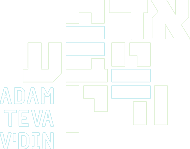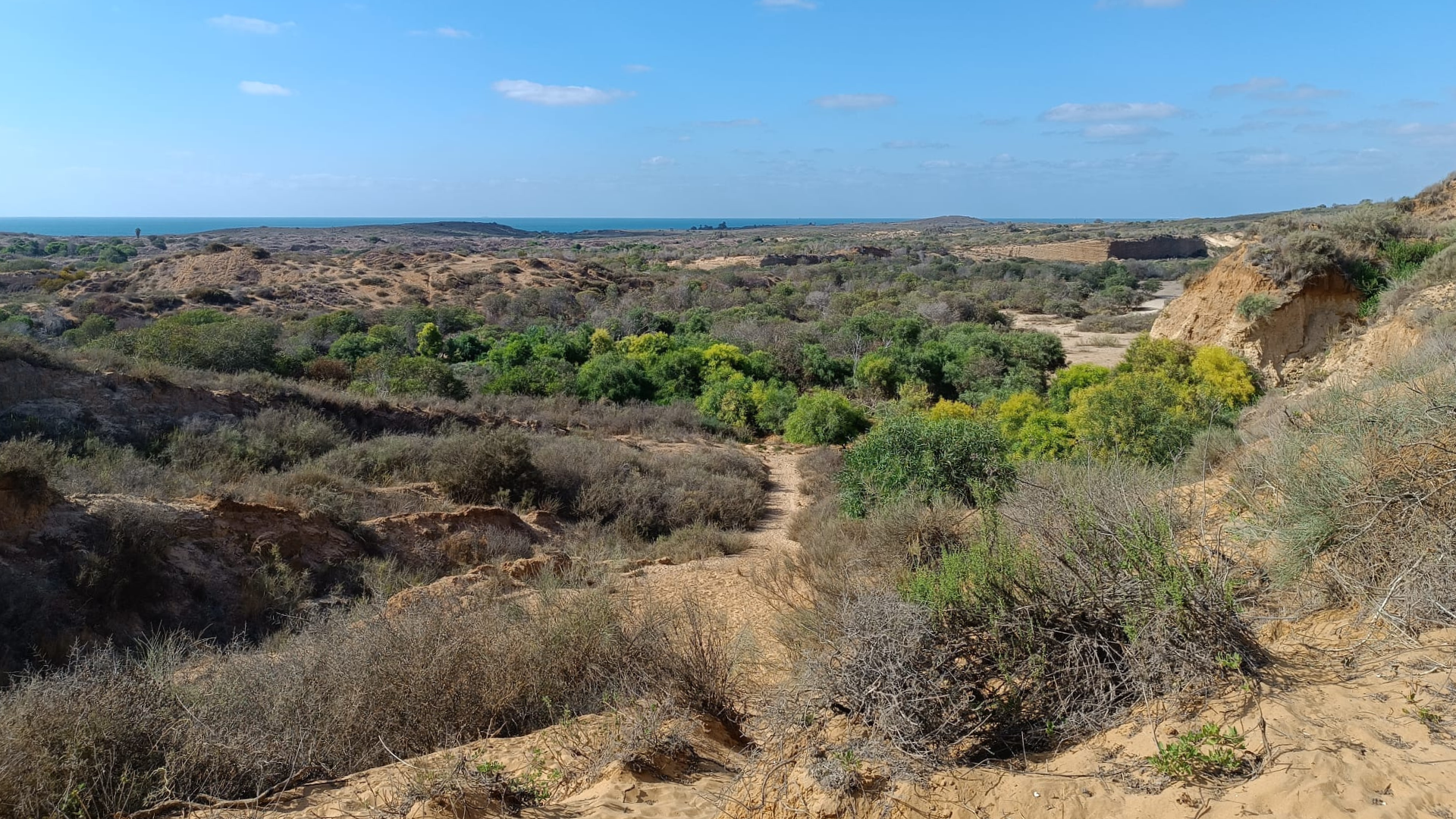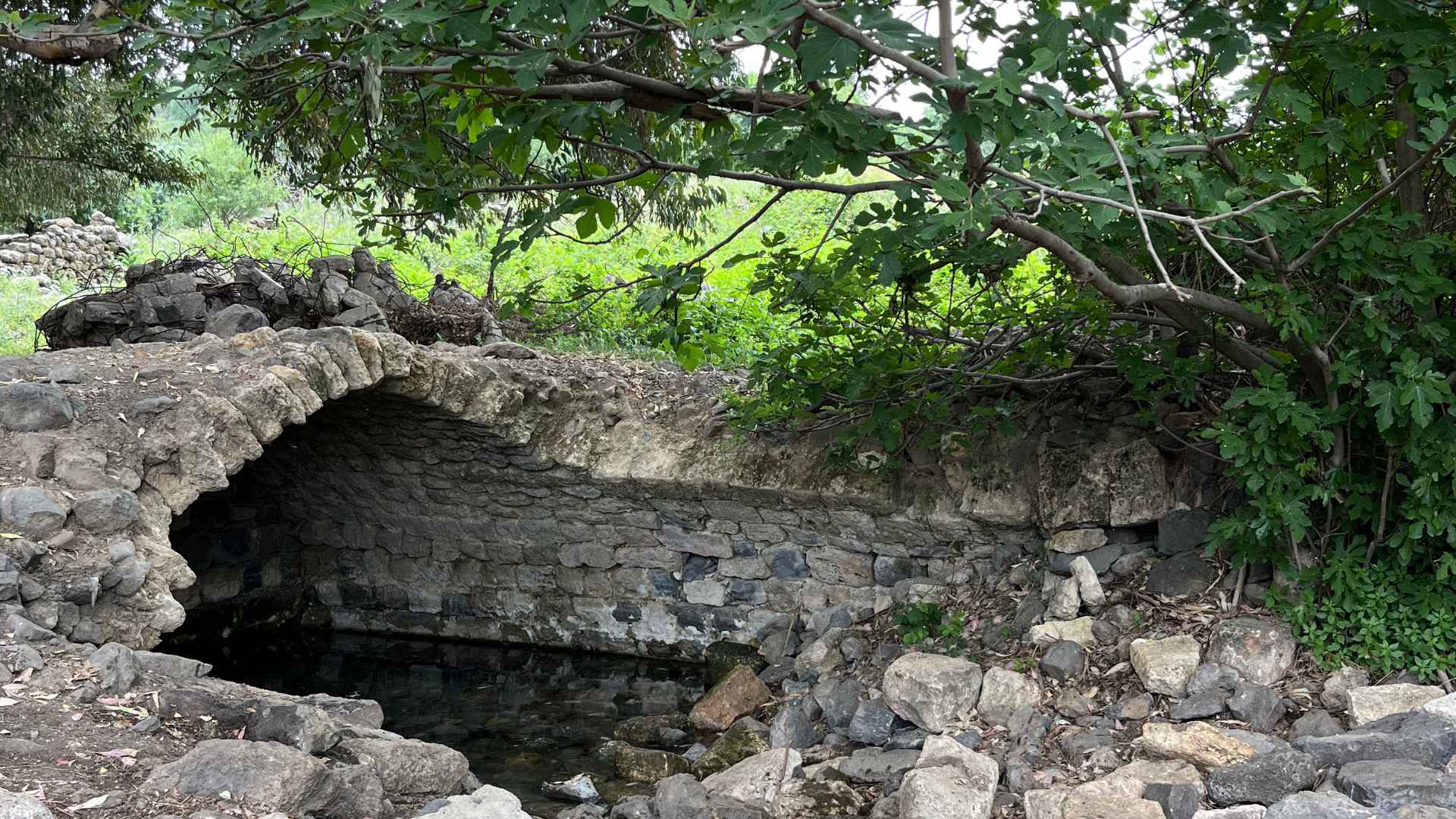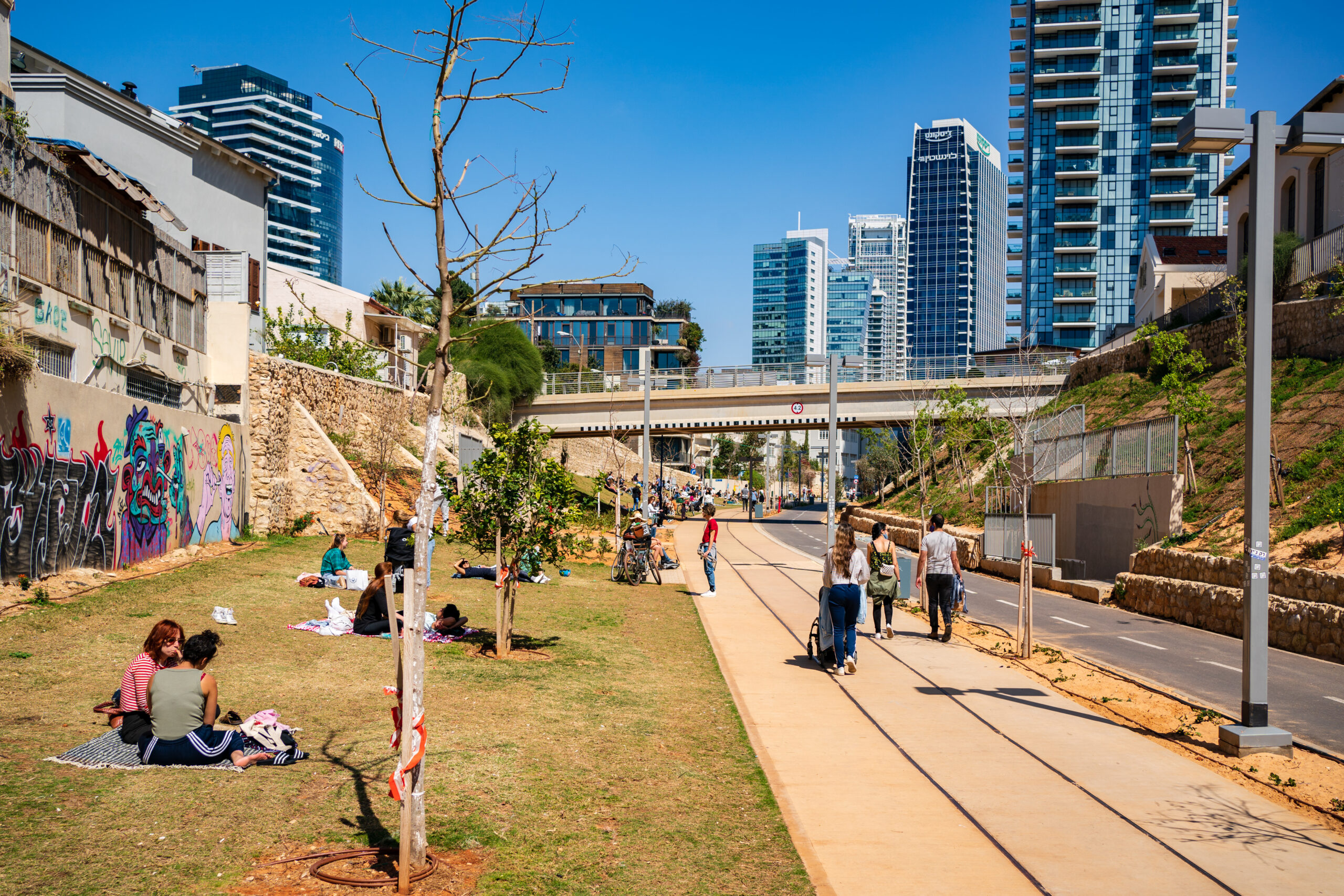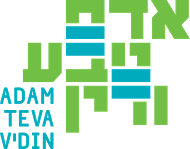When I first started working at Adam Teva V’Din, I immediately saw and understood that we are Israel’s environmental watchdog. Our top attorneys are always busy with legislation, litigation or policy making with the support of our savvy, in-house scientists and planning experts.
We differ from other environmental groups as our focus is the human, ‘lived-in’ environment. The concept is in our DNA and the reason behind the organization’s name; Adam (human), teva (nature), v’din (and law) – we use the medium of law at the intersection where humans and nature meet, to ensure a healthy and safe environment for all in Israel.
I was therefore a little surprised at all the fuss my colleagues made over The State of Nature Report 2023 – Biodiversity Volume. These reports have been published annually since 2010 by Hamaarag (Israel National Ecosystem Assessment Program), and the most recent one – that reflects on 10 years of national monitoring – is deeply concerning.
Numerous species – particularly birds and butterflies – face extinction in Israel; a fact that mirrors the extensive realization of steeply declining biodiversity. The report states that its focus was “temporal changes in biodiversity and the effect of human settlements and agriculture on the ecosystems”. Reading that last line, the connection to our work was suddenly clear and important. Most of these negative changes to our environment, are due to human interaction within it. In other words, they way we are living in our environment is greatly harming and compromising it and the many species it houses, including humans.
It made sense to me that while Israel is not the only country facing destruction and loss of habitats, danger of extinction and more, the rate of our dwindling biodiversity is far higher than in other areas of the world. One of the reasons behind the report’s results is climate change, and Israel is known as a ‘climate hotspot’ (heating up faster than the global average). Read more on Adam Teva V’Din and climate here.
In addition, Israel is a small country with a high birthrate, that is already densely populated. Coupled with our levels of pollution – the report highlights waste and sewage, herbicides, noise, and light – we are seemingly (and naively) prioritizing human needs (and probably more so, human wants) over nature’s, forgetting that we need nature in order for humans to flourish. Our actions that destroy nature, will ultimately serve to destroy us. To best serve our lived-in environment, we must live in it better.
There was some light in the report; management of our forests and national parks is having a positive influence on biodiversity conservation. It is heartbreaking, however, that over the past two weeks, the Israel Nature and Parks Authority has announced that more than 11,000 acres of land in the North of Israel has been burned due to Hezbollah’s rockets.
How we can help
At Adam Teva V’Din, we are working to protect and promote eco-corridors by developing position papers and regulatory frameworks aimed at preserving Israel’s biodiversity, and by filing planning objections to keep our future construction within ‘safe’ boundaries of nature.
With continued monitoring and assessment we will better understand the threats, their impacts and how best to we can create laws and policies to conserve and preserve the natural world around us.
Ultimately, the positive message is that humans – as the ones creating the problems – can also stop this downward trend. We can all be conscious and conscientious of our behaviors and choices. If we want to have a safe and healthy world to live in and to leave for future generations, we must work now to reverse these disturbing trends.
As it says in Midrash Kohelet (Ecclesiastes) Rabbah 7:13,
“See to it that you do not spoil and destroy My world; for if you do, there will be no one else to repair it.”
That is the motivation for Adam Teva V’Din’s work; and that is our continued commitment.
